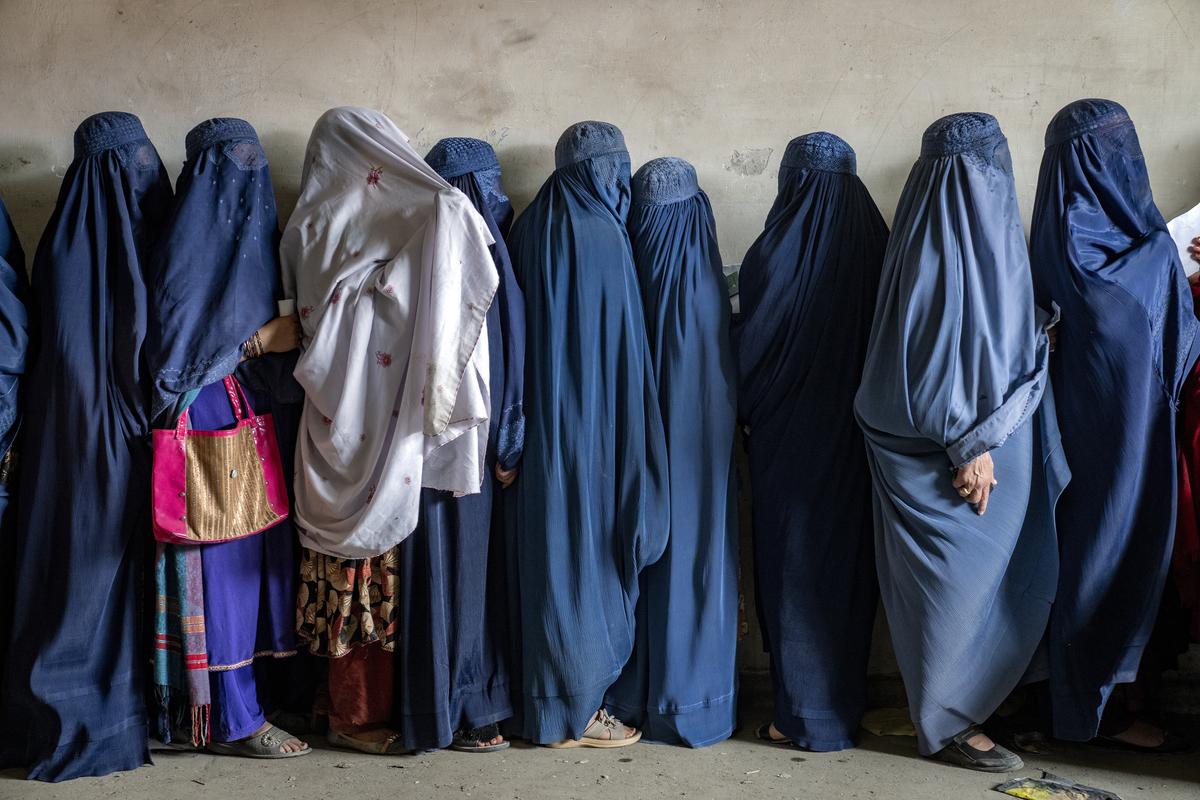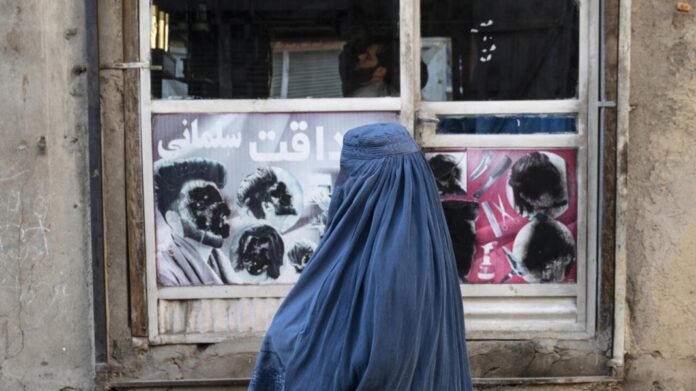In another move to tighten its control over women’s visibility and agency, Afghanistan’s Taliban government has ordered a ban on residential windows overlooking areas commonly used by women. According to the decree announced by government spokesman Zabihullah Mujahid on social media, new buildings will be constructed without such windows and existing ones will be obstructed to block the view.
The Taliban says this action is to avoid “obscene acts.” The edict mentions courtyards, kitchens, and wells among areas to be shielded from view. Enforcing these rules is supposed to be the responsibility of the local authorities, who will reportedly inspect construction sites and existing buildings.

A New Chapter in Gender Apartheid
Since taking power in 2021, the Taliban has systematically rolled back women’s rights under the pretext of strict Islamic law. No girl is allowed to enrol in secondary and higher studies and most types of jobs for them are barred. Access to parks and other public spaces is denied and this latest order has further carried it into homes. Afghan women have undoubtedly been further isolated.
The international community has frequently labelled the Taliban’s administration as “gender apartheid,” referring to the deliberate and institutionalised segregation of women. The United Nations and other human rights groups have deemed these policies flagrant violations of basic human rights.
Read More: Who Is Allah Ghazanfar? Meet Afghanistan’s New Spin Sensation
Effect on Afghan Women and Society
This window ban marks the new frontier of shrinking physical and social space available to Afghan women. Even everyday activities such as working in kitchens or fetching water are now deemed inappropriate for public observation, thus reinforcing a culture of invisibility.
The restrictions also affect urban planning and housing design, probably raising construction costs and complicating living conditions for Afghan families. The decree’s ambiguous wording leaves room for subjective enforcement, which may lead to disputes and further hardship for residents.

Cultural and Global Implications
Even as the Taliban claim their actions are in line with Sharia, these policies are seen to misunderstand religious teachings with the aim of patriarchal dominance. The voices of Afghan women have already been muted in so many areas—their voices go unheard on media stations and they’re prohibited from public singing and poetry.
The Taliban’s continued tightening of gender restrictions makes it important to focus international attention and take action. For Afghan women, even the simple act of standing by a window has become a political statement—one that, for now, remains out of view.
Stay tuned to Brandsynario for latest news and updates.



































